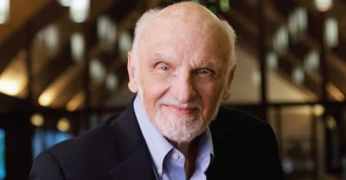Community is big. It is human and animal, soil and water, wind and sky. We are all interconnected and when we inflict pain or show love to one, it ripples throughout the commons. Walter’s poem reflects on this intertwined reality, expanding our imagination through the personification of the Earth.
 O Land, Land, Land (Jeremiah 22:29)
O Land, Land, Land (Jeremiah 22:29)
by Walter Brueggemann
The land, when it is honored and respected,
weeps.
It weeps long sadness
because it knows such durable abuse.
It weeps the pollution that fouls the soil
and stenches the sea.
It weeps for fossil heat that melts its ice.
It weeps for agribusiness that disregards natural yield.
It weeps the violence of armies to and fro in rapacious violence.
It saddens for the anthropocene that imagines mastery rather than partnership;
It cries all night and sheds day-time tears for the terror that begins again at sunrise.
It dares to make such lamenting noises,
because it knows that its voice is proper and
legitimate and
God-given
and merits being heard and heeded.
This groaning land does not know how late it is,
nor do we.

 The ‘New Redlining’ Is Deciding Who Lives in Your Neighborhood
The ‘New Redlining’ Is Deciding Who Lives in Your Neighborhood
You must be logged in to post a comment.